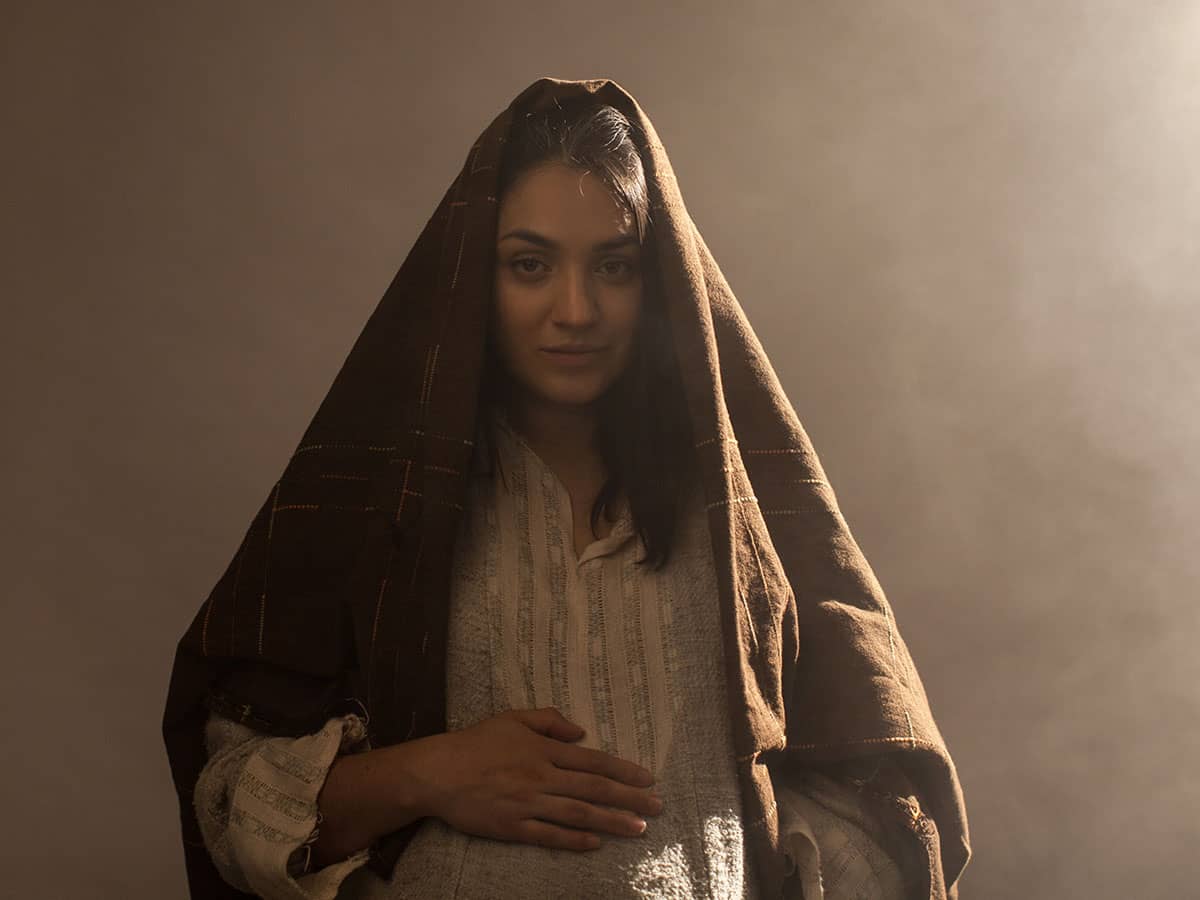Following him on the Internet, I imagined myself a sister pilgrim on the holy journey. I was connected to biblical events in a way I had never experienced. When he returned to Rome, I actually felt disappointed and suffered a kind of religious ennui as if I had gone on pilgrimage myself.
For many believers, this has been a spring of pilgrimage. Within six weeks, Judaism, Christianity, and Islam will all have celebrated their primary pilgrimage festivals: Passover, Lent and Easter, and the Hajj.
The Christian seasons of Lent and Easter are marked with pilgrimage themes. Lent recalls Jesus' 40-day temptation in the wilderness and culminates with Holy Week in which Christians commemorate his final days. This somber journey ends at the empty tomb with the cry, "He is risen."
Christians equate Lent and Easter with the Jewish Passover. Lent symbolizes the suffering slavery of sin; Easter celebrates God's liberating victory over death. Since the earliest days of Christian history, the devout, such as the Pope, have longed to walk the Way of Sorrows in Jerusalem or gaze into his empty tomb sometime before they die.
The Jewish Passover commemorates the events surrounding the biblical Exodus when God liberated the Hebrews from Egyptian slavery. Passover celebrates Jewish identity--their pilgrimage from Egypt to Israel, from slavery to liberation.
Islam requires a pilgrimage to Mecca, the Hajj, for every Muslim who is able. There, Muslims enact events of the prophet Abraham's life and celebrate the purification of Mecca by the prophet Muhammad. As with the Jewish and Christian rites, Muslims must cleanse themselves spiritually before entering the holy city by washing and eating only prescribed foods. Those who make it through the arduous pilgrimage often weep as they circle the Ka`ba.
Traditionally, each of the great pilgrimages involves going somewhere: Jerusalem or Mecca. A devout believer undertakes such a journey to touch the holy places, to receive the benefit of God's mercy, and experience the power of community in sacred ritual.
Less traditionally, each of the great pilgrimages can now be experienced online, making "virtual pilgrimage" a new reality.
Although I have been skeptical of such innovations, the Pope's recent journey convinced me the cyber-pilgrimage is spiritually viable. I actually cried while watching him pray at the Church of the Holy Nativity. Between news coverage of the events and actual ritual web sites, believers could log on to virtual pilgrimages approximating the real thing. Prayers, music, testimonies, tears, and all.
While cruising pilgrimage sites during the papal tour, I began to realize that "virtual pilgrimage" is not new at all. In the Middle Ages, when Christian pilgrims could not travel to the Holy Land or other sacred sites, they placed labyrinths in their churches and cathedrals. Walking to the center of the labyrinth and out again was akin to the geographical pilgrimage. Thus, believers gained the spiritual benefit of pilgrimage without ever leaving home.
Similarly, the ritual feasts of each religion are themselves virtual pilgrimages--one of the oldest religious ideas around. In Judaism, the Seder theologically recreates the Passover pilgrimage of liberation. In Christianity, Holy Week rituals such as the Maundy Thursday, Eucharist and the Stations of the Cross enact Jesus' pilgrimage through death to resurrection. In Islam, Muslims share with Hajj pilgrims the Feast of Sacrifice, an animal sacrifice commemorating Abraham's obedience to God.
These ancient rituals, whether traditionally practiced or cyber-experienced, allow the devout to participate as pilgrims in God's unfolding mystery. Pilgrimage reminds believers that God has worked in human history through human beings, accomplishing works of redemption, freedom, and reconciliation.
We did not witness these events; we cannot physically touch Moses or Jesus or Muhammad. But we can walk where they walked--actually or virtually--and experience the divine. And, like all pilgrims, we return home changed by the journey.

